
Consortium Members and Their Roles

University of Helsinki
In the AIdemoc project, the University of Helsinki focuses on three key research areas: “Generative AI and Hallucinations,” “Communication and Cognition,” and “Transparent and Participatory Synthetic Speech.” These areas are led by Anna-Mari Wallenberg, who also serves as the overall coordinator of the consortium, Professor Riikka Möttönen, an expert in cognitive science, and Professor Martti Vainio, Head of the Department of Digital Humanities.
The University of Helsinki is an international academic community of over 40,000 students and staff, committed to building a sustainable future through the power of science—for the benefit of the entire world. The university ranks among the top 1% of universities globally in international rankings. As a multidisciplinary institution, it operates across four campuses in Helsinki as well as university centers in Lahti, Mikkeli, and Seinäjoki. In addition, it maintains six research stations across Finland and one in Kenya. The university was founded in 1640.

Anna-Mari Wallenberg, University Lecturer, Docent in Cognitive Science
I study the societal consequences of AI technologies from a multidisciplinary perspective. In recent years, my work has focused particularly on AI regulation and ethics, as well as on the role of cognitive factors in human–AI interaction.
Keywords: Cognitive Science, AI Act, Algorithmization
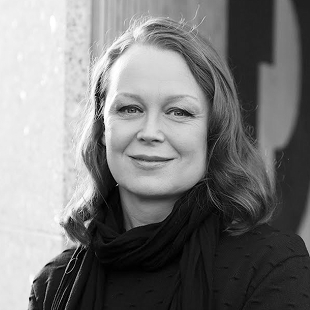
Riikka Möttönen, Professor of Cognitive Science
I have conducted extensive research on the brain mechanisms related to cognition, speech, and language, using a wide range of neuroscience methods. My studies have explored, for example, the neural connections between speech perception and production. My research group also investigates why language learning is more challenging for adults than for children. In the AIdemoc project, we examine speech communication, focusing especially on people’s cognitive abilities to assess the reliability of information based on prosodic features of speech.
Keywords: Cognition, Language, Brain
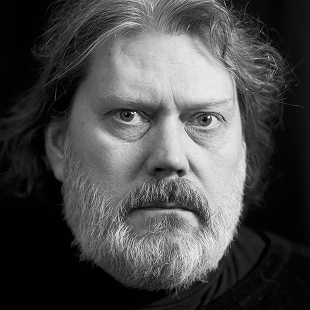
Martti Vainio, Head of the Department of Digital Humanities
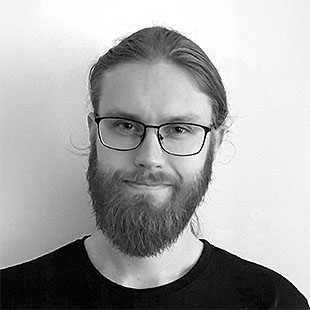
Tommi Buder-Gröndahl, Postdoctoral Researcher in Cognitive Science, PhD
My research broadly combines themes from artificial intelligence, linguistics, and philosophy. In the AIdemoc project, I focus particularly on the challenges posed by model hallucinations.
Keywords: Cognitive Science, Linguistics, AI Interpretability
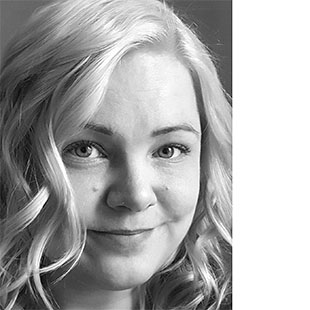
Soila Kuuluvainen, Postdoctoral Researcher, Department of Digital Humanities
In the AIdemoc project, I study how the melody of speech—also known as prosody—affects how trustworthy people perceive synthetic speech to be, i.e. speech generated from text using computer assistance. Previously, I have researched the role of prosody in adult language learning mechanisms.
Keywords: Speech Synthesis, Prosody, Trustworthiness Judgments
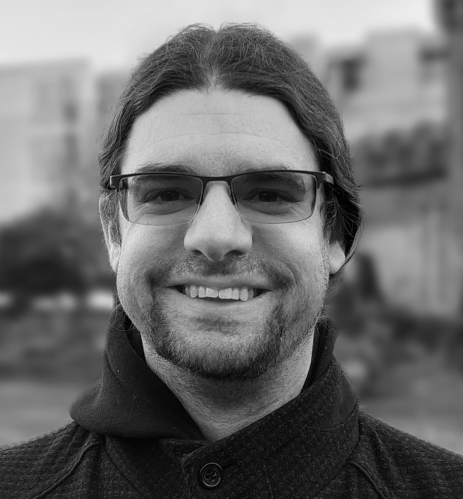
Sébastien Le Maguer, Postdoctoral Researcher, Department of Digital Humanities
I am a postdoctoral researcher at the University of Helsinki, exploring what constitutes high-quality speech synthesis in a broad sense: how its quality is evaluated, whether it should sound human, and whether it reinforces or reduces discrimination. In the AIDEMOC project, I investigate how adaptive speech synthesis can be used to convey outputs from hallucination-prone models.
Keywords: Speech Synthesis Evaluation, Perceptual Capabilities
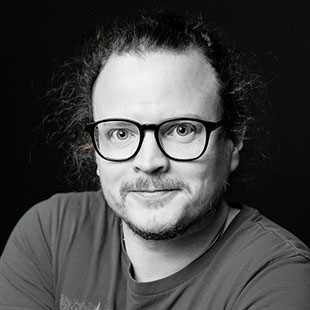
Jami Pekkanen
University Lecturer, Department of Digital Humanities
I study the applicability of large language models in public sector customer service. My research area is cognitive modeling, meaning I develop computer programs that process information in human-like ways. My particular strength lies in broad methodological expertise.
Keywords: Cognitive Scientist, Nerd, Skeptic
University of Jyväskylä
In the AIdemoc project, the research focus at the University of Jyväskylä is on the use of misinformation in communication capture. The work is led by Professor Vilma Luoma-aho, who specializes in communication management and serves as Vice Dean at the Jyväskylä University School of Business and Economics.
The University of Jyväskylä is a multidisciplinary research university located in Jyväskylä, Finland. It has approximately 14,600 students and 2,800 staff members, and offers studies in over a hundred different subjects across its six faculties.

Vilma Luoma-aho, Professor, PhD
I lead the University of Jyväskylä’s research group in the AIdemoc project, which focuses on the threats posed by artificial intelligence and misinformation. I serve as Vice Dean for Education at JSBE, am a member of the National Defence University Advisory Board, and Chair of the Social Sciences Division of MATINE. My research in strategic communication has been published in the field’s leading journals.
Keywords: Strategic Communication, Misinformation, Information Defense
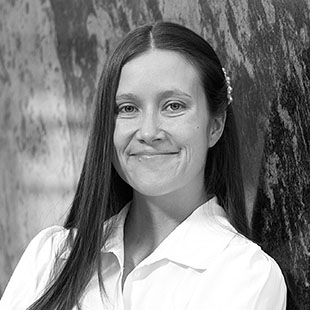
Miriam Hautala, (Economics and Business Administration)
In the AIdemoc project, I study vulnerabilities in digital communication, particularly threat scenarios enabled by artificial intelligence. My doctoral dissertation explores strategic communication in the context of information influence. Before my academic career, I worked in marketing and communications.
Keywords: Strategic Communication, Information Defense, Information Influence

Niilo Noponen, D.Sc. (Econ.)
In the AIdemoc project, I study the relationship between technology and strategic communication, including the weaponization of communication and individual vulnerability to misinformation. I recently completed my doctoral dissertation on the impact of algorithmic management in organizations. Previously, I have worked as a project researcher and a small business entrepreneur.
Keywords: Strategic Communication, Misinformation, Algorithmic Management
VTT Technical Research Centre of Finland
In the AIdemoc project, VTT explores potential futures of digital democracy, the socio-technical transformation accelerated by artificial intelligence, and frameworks for the ethically sustainable use of AI as part of responsible and participatory governance. The project at VTT is led by Docent Nina Wessberg, Principal Scientist.
VTT Technical Research Centre of Finland Ltd is one of Europe’s leading research institutions and the largest public research center for science and technology in Northern Europe. VTT is owned by the Finnish state and employs approximately 2,300 people. Operating under the Ministry of Economic Affairs and Employment, VTT promotes sustainable societal growth by developing both systemic and technological solutions within Finland’s innovation ecosystem.
The effective utilization of science and technology is supported by VTT’s extensive international collaboration and networking. VTT has participated in over 1,000 EU framework programme projects across various thematic areas.

Nina Wessberg, Docent in Environmental Policy, Principal Scientist at VTT
I specialize in analyzing socio-technical transitions in the fields of green and clean energy, the circular economy, and digitalization. My research topics, in addition to the future intersection of AI, digitalization, and democracy, include justice in the hydrogen economy, the acceptability of small nuclear power and biofuels, urban circular economy development, and key sustainability indicators in verifying the performance of industrial production processes.
Keywords: Acceptability, Responsibility, Technology

Jaana Leikas, Docent in Cognitive Science, Principal Scientist at VTT
I focus on examining socio-technical change through the lens of key techno-ethical questions. My research addresses human values that should guide the design and innovation of an AI-driven society, and the actions needed to ensure that the development and deployment of AI systems are responsible and ethically sound.
Keywords: Ethics of Technology, Responsibility, Innovation
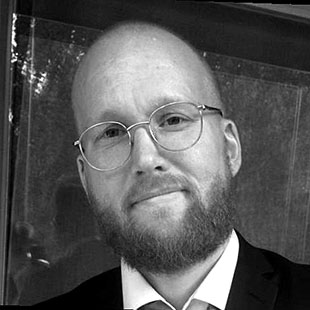
Antero Karvonen, Doctoral Researcher in Cognitive Science, Researcher at VTT
I am a doctoral researcher in cognitive science and a researcher at VTT. My research has focused especially on human interaction with intelligent technologies, human-centered AI design methods, and AI ethics. In addition to cognitive science, I have a background in digital communication and have previously worked extensively in communication roles in the field of peace mediation.
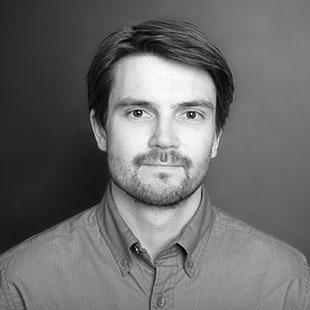
Anton Sigfrids, M.Soc.Sc., Researcher at VTT
At VTT, I study AI ethics and responsibility. I specialize in the responsible public governance of artificial intelligence, and I am particularly interested in ensuring meaningful public and community participation in decision-making related to AI and digital services. My research projects include the adoption of democracy technologies and enhancing civic participation in the design of public services.
Keywords: AI Governance, Civic Tech, Citizen Participation
Sherpa
In the AIdemoc project, Sherpa is responsible for communication and stakeholder interaction.
Sherpa is a creative agency based in Helsinki, known for its expertise in utilizing generative AI in marketing communications. Its pioneering work with new AI tools is already visible in the day-to-day operations of many of Sherpa’s clients—in the form of greater efficiency, smarter time management, and better results. Sherpa’s participatory, AI-enhanced methods challenge traditional ways of working.
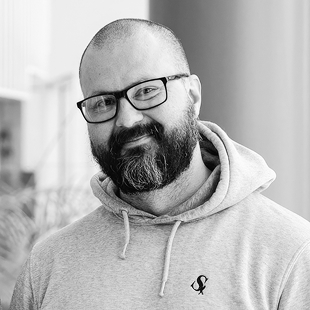
Jukka Niittymaa, Doctoral Researcher in Communication Management (JSBE)
In the AIdemoc project, I serve as the interaction lead and as an AI application expert across work packages. My upcoming doctoral dissertation focuses on the impact of AI on communication. In practice, I work as an AI and innovation lead, concentrating on the opportunities AI can offer. As a researcher, I also examine the risks of AI in the context of information influence operations.
Keywords: Artificial Intelligence, Communication, Nerd
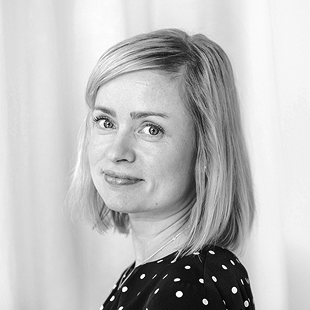
Terhi Walamies, M.Soc.Sc.
In the AIdemoc project, I work as the Communication and Interaction Coordinator.
Keywords: Responsibility, Artificial Intelligence, Interaction